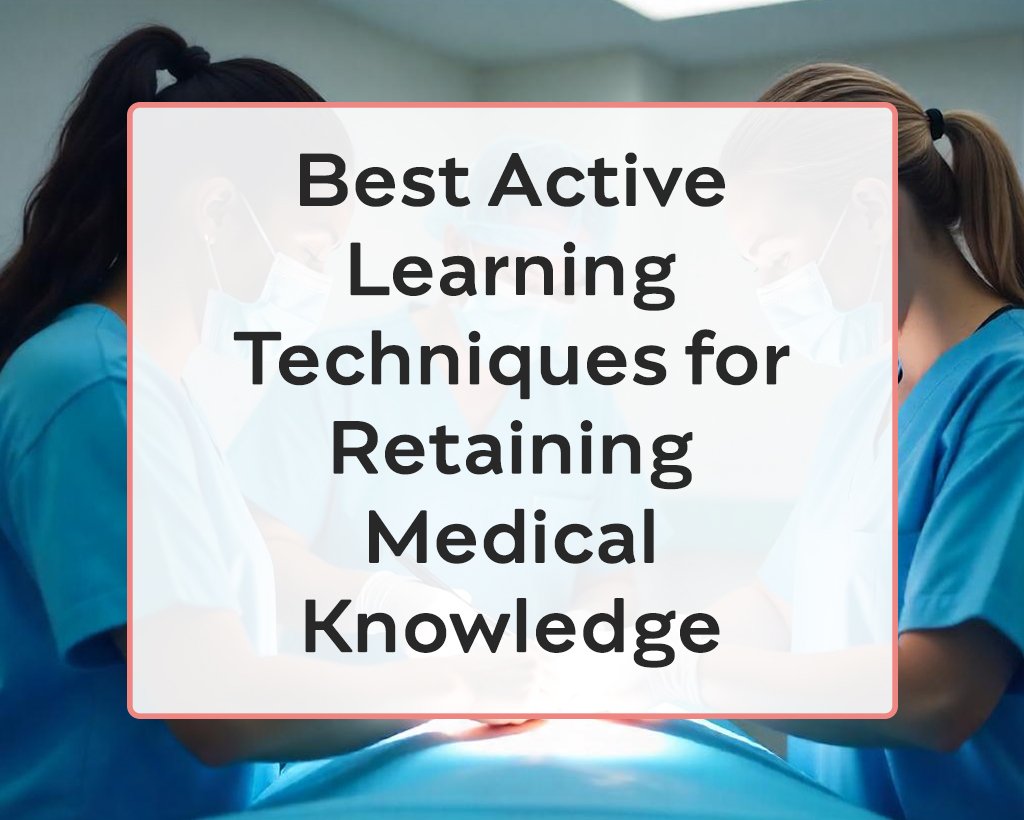
A Complete Guide to MCAT Registration and Test Day Preparation
The MCAT (Medical College Admission Test) is a crucial step for students applying to medical schools in the United States. Understanding the registration process and preparing for test day can help minimize stress and ensure success. In this guide, we’ll walk you through the registration steps, test dates, fees, and what to expect on test day.

Gastroesophageal Reflux Disease (GERD): Pathophysiology, Diagnosis, and Management for the USMLE
Maintaining pH balance is crucial for biological functions, and buffer systems play a key role in stabilizing pH changes in the body. On the DAT, understanding buffer systems will help you tackle questions in both the biology and chemistry sections. In this blog, we’ll explore the three primary buffer systems in the human body and their significance in maintaining homeostasis.

Buffer Systems in the Human Body: A Key Concept for the DAT
Maintaining pH balance is crucial for biological functions, and buffer systems play a key role in stabilizing pH changes in the body. On the DAT, understanding buffer systems will help you tackle questions in both the biology and chemistry sections. In this blog, we’ll explore the three primary buffer systems in the human body and their significance in maintaining homeostasis.

Acute Laryngotracheobronchitis (Croup): NCLEX Nursing Guide
Acute Laryngotracheobronchitis (LTB), commonly known as croup, is a viral infection that affects the upper airway, leading to inflammation of the larynx, trachea, and bronchi. It is a high-yield NCLEX topic, especially in pediatric nursing, as it commonly affects children under age 5 and can progress to severe respiratory distress if not properly managed.

Achieved vs. Ascribed Status: A Key Sociology Concept for the MCAT
Understanding the distinction between achieved and ascribed status is essential for MCAT sociology success. While achieved status is based on effort and merit, ascribed status is determined by birth and external factors. Recognizing how these statuses shape social structures and individual opportunities will help you master MCAT sociology questions and real-world social dynamics.

Understanding the Renin-Angiotensin-Aldosterone System (RAAS) for the USMLE
Learn about the Renin-Angiotensin-Aldosterone System (RAAS), its physiology, clinical significance, and USMLE-relevant concepts. Includes KOTC science visuals for enhanced learning.

Enzyme Kinetics and the Michaelis-Menten Equation: Key Concepts for the DAT
Master enzyme kinetics for the DAT! Learn the Michaelis-Menten equation, key enzyme properties, and strategies for solving DAT-style questions.

Abnormal Posturing: A Critical Sign in Neurological Assessment for the NCLEX
Learn how to recognize abnormal posturing (decorticate, decerebrate, and flaccid) for the NCLEX exam. This guide breaks down key differences, clinical implications, and test-taking tips for success.

Understanding the ABO Blood Group System for the MCAT
Learn the ABO blood group system for the MCAT, including antigens, antibodies, and transfusion compatibility. Master high-yield concepts with King of the Curve’s expert visuals and study tips!

How Long Should You Study for the DAT? Ideal Study Timelines
Preparing for the Dental Admission Test (DAT) requires strategic planning and dedication. Many students wonder how long they should study to achieve their target score. While the ideal study timeline varies for each individual, this guide will help you determine the best approach based on your schedule, strengths, and weaknesses.

Best Active Learning Techniques for Retaining Medical Knowledge
Discover the best active learning techniques for medical students. Improve retention with spaced repetition, active recall, case-based learning, and gamification. Learn how 'King of the Curve' can enhance your medical studies!

How to Retain Medical Knowledge for the Long Term
Medical school demands the ability to retain vast amounts of information over time. Unlike cramming, long-term retention is crucial for excelling in exams like the MCAT, USMLE, and clinical practice. In this blog, we’ll explore science-backed techniques to help medical students improve memory retention, optimize study habits, and enhance recall for years to come.

Understanding Referred Pain to the Abdomen: A Guide for Nursing and NCLEX Prep
Learn about referred pain to the abdomen, its causes, symptoms, and clinical significance. Perfect for NCLEX preparation and nursing students. Read now!

Abnormal Cell Growth: Understanding Cancer Development for the MCAT
Learn about abnormal cell growth, genetic mutations, and cancer formation with King of the Curve’s unique science visuals. Perfect for MCAT and NCLEX prep, this guide covers key concepts, exam tips, and clinical applications.

Time Management Strategies for Medical School
Mastering time management is crucial for excelling in medical school and achieving top scores on the MCAT and USMLE. By implementing these strategies—such as prioritizing tasks, using active learning methods, and leveraging KOTC’s innovative tools—you can optimize your study routine and reduce stress.

Common DAT Prep Mistakes & How to Avoid Them | Study Smarter for the DAT
Struggling with DAT prep? Avoid these common mistakes that can hurt your score. Learn top strategies and use DAT: King of the Curve to boost your performance!

How to Create the Perfect USMLE Study Schedule
Learn how to create the perfect USMLE study schedule for Step 1 and Step 2. Get expert tips, a daily study plan, and discover how 'King of the Curve' can boost your exam prep!

Understanding 24-Hour Cardiac Monitoring: A Key Concept for NCLEX and Nursing Practice
Mastering 24-hour cardiac monitoring is essential for nurses, especially those preparing for the NCLEX. Understanding its purpose, procedure, and nursing implications ensures better patient care and enhances clinical decision-making. By familiarizing yourself with Holter monitoring, you’ll be well-prepared for both exam success and real-world nursing practice!

Mastering the 6 Classes of Enzymes for the MCAT
Struggling with enzyme classifications on the MCAT? Learn the 6 classes of enzymes, key functions, MCAT tips, and study strategies with King of the Curve!

Best Study Techniques for Medical Students
Discover the best study techniques for medical students and learn how King of the Curve enhances active recall, spaced repetition, and MCQ practice for optimal learning and exam success.
